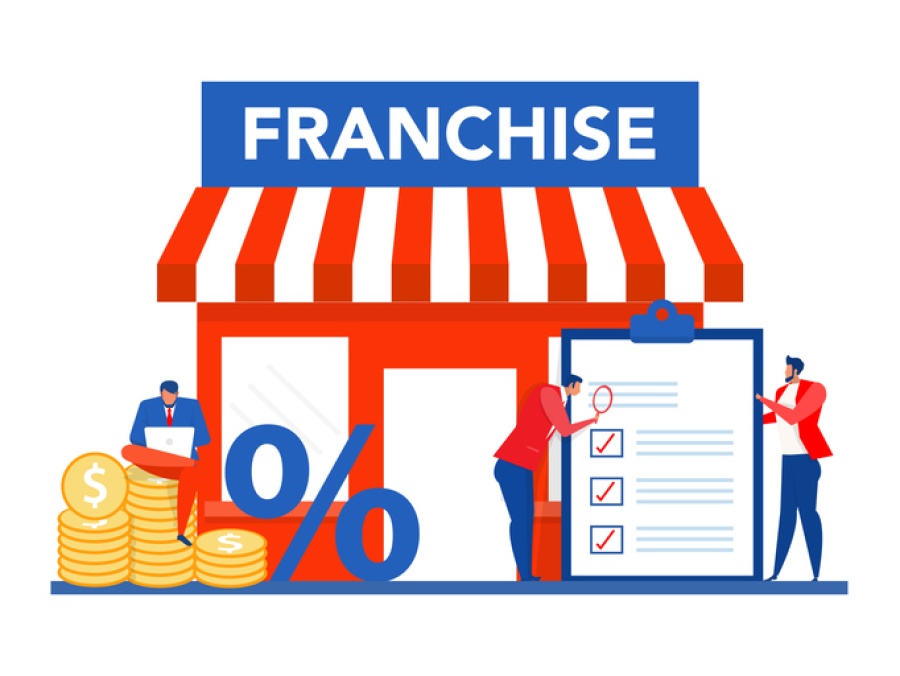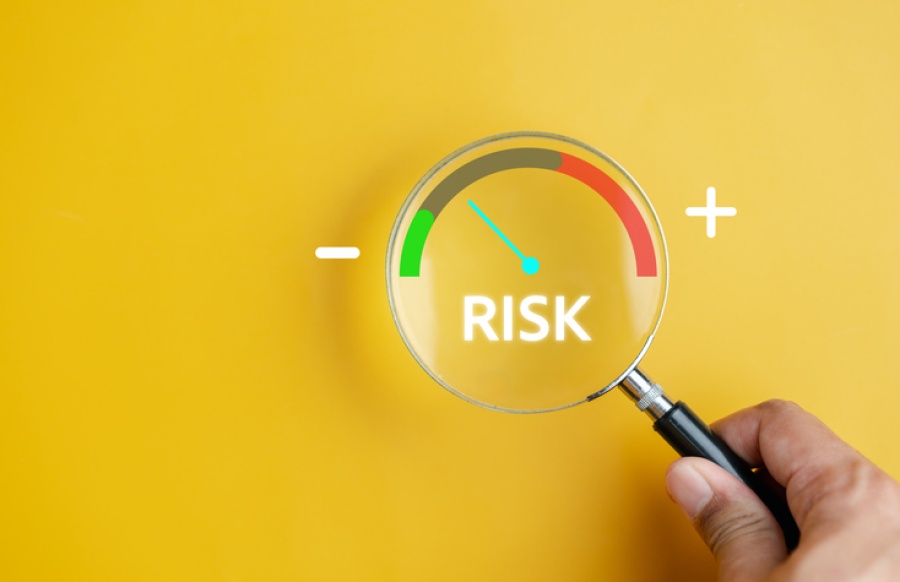
Buying a franchise resale can be a smart move. Instead of starting from scratch, you gain access to an existing business with a proven model, current customers, possibly trained staff, and established revenue streams. But the key question for any buyer (or seller) is: what is it worth? Valuing a UK-based franchise resale requires a combination of financial analysis, market insight, and understanding the unique aspects of franchise operations.
What Is a Franchise Resale?
A franchise resale occurs when an existing franchisee decides to sell their business rather than simply closing it down or letting the franchise contract expire. Buyers of franchise resales usually benefit from n operational business with staff and customers, of an established brand, with existing relationships with suppliers, and of course, historical financial performance data,
Unlike buying a new franchise, a resale’s value includes goodwill and the track record of the business, making valuation a more nuanced process.

Why Valuation Matters
Whether you're a buyer or a seller, a realistic and justified valuation is essential. It impacts a few keys areas: Financing (banks will require detailed valuations for loan approval) long-term ROI for the buyer and the exit strategy for the seller.
Overpaying or undervaluing can lead to regret, lost opportunities, or financial losses. That’s why understanding valuation is so critical.

Key Methods for Valuing a Franchise Resale
There are several widely accepted methods for valuing a franchise business in the UK. Often, a combination of these approaches is used to triangulate a fair value.
Asset-Based Valuation
This method calculates the value of a business based on the net value of its assets, such as equipment, stock, vehicles, and property.
An example could be asset-heavy franchises (e.g. logistics, construction, these could even be underperforming or break-even businesses.
Formula: Value = Total Tangible Assets – Liabilities
Example:
If a cleaning franchise owns equipment worth £25,000 and has outstanding liabilities of £10,000, the asset value would be £15,000.
Please Note: This method usually gives the lowest valuation and doesn’t reflect earning potential or goodwill.
Earnings Multiplier (Profit-Based Valuation)
This is the most common method used for franchise resales. It involves calculating the adjusted net profit and applying a multiplier.
Quite typical for any profitable, well-established franchises.
Considerations:
- Calculate Seller’s Discretionary Earnings (SDE) or EBITDA.
- Adjust for one-off costs, non-operational expenses, or owner’s salary.
- Apply an appropriate multiple.
Formula: Value = SDE or EBITDA × Multiple
Multiples typically range from 1.5x to 5x, depending on factors like brand strength, sector stability, and financial performance.
Example:
If a food franchise shows an EBITDA of £50,000 and the market multiple is 3x:
Value = £50,000 × 3 = £150,000
Comparable Sales Method
This method uses historical data from similar franchise sales to benchmark value.
This is a well-regarded way to value franchises in competitive, well-documented sectors and buyers/sellers with access to industry databases.
Top Tip: Ask the franchisor if they can provide historical sale data or average resale prices.

Discounted Cash Flow (DCF)
DCF is a more sophisticated method that projects future earnings and discounts them to their present value using a required rate of return.
Most common for large franchises and businesses with predictable cash flows.
This method is rarely used in isolation for small franchise resales due to complexity and sensitivity to assumptions.

Key Factors Influencing Franchise Valuation
A simple profit multiple isn’t enough. Several factors influence what multiple is applied or whether the buyer will agree to the price:
Financial Performance
- Profitability (steady and increasing profits boost value)
- Revenue trends (growth adds confidence)
- Margin quality (not all profit is equal; high margins signal resilience)
Franchise Brand Strength
- Is the franchisor nationally recognised?
- Is the brand growing or stagnating?
- How well does the franchisor support its franchisees?
Franchise Agreement Terms
- Remaining term on the franchise agreement
- Renewal costs and conditions
- Transfer fees or restrictions
A franchise with only one year left before renewal may be less valuable than one with five years remaining.
Location and Territory
- Is the location exclusive?
- Does the territory offer room for growth?
- What is the local competition like?
Strong demographic fit and minimal local competition increase appeal.
Staff and Operations
- Are trained staff staying post-sale?
- Is the business reliant on the owner?
- Are operational processes documented?
The more “hands-off” and systemised the franchise is, the more attractive it becomes, but beware, as this is not at all that common within most UK franchises, otherwise they would typically be company owned sites!
Market and Sector Trends
- Is the industry growing or in decline?
- Are there regulatory changes coming?
- How recession-proof is the sector?
High-growth or essential services (like healthcare or B2B services) often attract higher multiples.

Red Flags and Risks to Consider
Franchisee Underperformance: If the business is underperforming compared to other franchisees, buyers will question why.
Excessive Owner Involvement: A business that relies heavily on the owner is harder to transition.
Pending Legal or Tax Issues: These can delay or derail a sale.
Poor Record Keeping: Missing or inconsistent financial records undermine confidence in the valuation.
Franchisor Issues: If the franchisor is involved in litigation, facing bankruptcy, or has poor franchisee support, it drags down value.
How to Prepare for Valuation (From a Seller’s Perspective)
If you're selling your franchise, here’s how to get the best valuation:
Clean Up Your Records: Ensure your financial records are up to date and accurate.
Systemise Operations: Make it easier for a buyer to take over by documenting procedures and automating tasks.
Stabilise Staff: Retaining experienced employees adds continuity and value.
Maximise Profitability: A short-term focus on reducing costs and increasing revenue can yield a higher sale price.
Engage Professionals: Consider a franchise resale broker or accountant familiar with franchise business models.

How to Assess Value as a Francise Resale Buyer
Buyers should go beyond surface figures. Key questions include:
- How does this unit compare to other franchises in the network?
- What is the break-even point, and how long until ROI?
- Is the territory saturated or growing?
- What is the condition of physical assets?
As part of your research, you can request the following documents:
- Last 3 years of profit and loss accounts,
- Tax returns,
- Franchise agreement,
- Details of staff contracts,
- Lease agreements (if applicable)
Also, speak with other franchisees if the franchisor permits it. (note well, this might have to be done at an ‘appropriate’ stage).
Role of the Franchisor in Valuation
In most franchise resales, the franchisor plays a vital role in approving the buyer, as well as setting or influencing transfer fees, within all this providing benchmark for valuation and then supporting due diligence with brand data.
Some franchisors may even facilitate the resale by helping match buyers and sellers, which will incur a fee to do so, but others take a more hands-off approach.

Professional Help You May Need
Franchise Consultant: For guidance on market rates and valuation advice,
Accountant: To validate earnings and identify adjustments,
Solicitor: For reviewing franchise agreement and contracts,
Business Broker: If you want help marketing or negotiating the resale.

Build For A Profitable Exit
Valuing a UK-based franchise resale is both an art and a science. Financial performance is just the starting point — the true value also lies in brand strength, operational systems, and potential for growth.
For buyers, a well-priced resale can shortcut years of struggle. For sellers, accurate valuation can mean a smoother exit and maximum return.
Whether buying or selling, always approach franchise valuation with due diligence, realistic expectations, and professional guidance. That’s how you unlock real value in the UK’s thriving franchise sector.
About the Author
Richard Pakey is a franchising expert and Managing Director for the award-winning Lime Licensing Group and can be contacted in the following ways:
Email: richard@limelicensinggroup.co.uk
Mobile/text/whatsapp: 07904 697591














